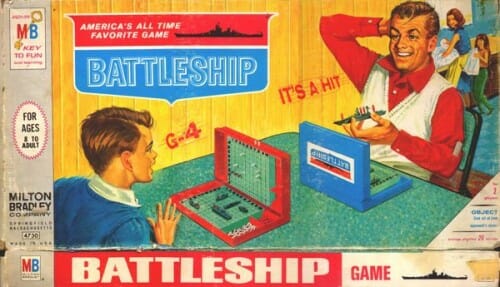New Outrage from the Corporate State
Across the United States more than 2,700 companies are collecting state income taxes from hundreds of thousands of workers – and are keeping the money with the states’ approval, says an eye-opening report published on Thursday.
The report from Good Jobs First, a nonprofit taxpayer watchdog organization funded by Ford, Surdna and other major foundations, identifies 16 states that let companies divert some or all of the state income taxes deducted from workers’ paychecks. None of the states requires notifying the workers, whose withholdings are treated as taxes they paid.
General Electric, Goldman Sachs, Procter & Gamble, Chrysler, Ford, General Motors and AMC Theatres enjoy deals to keep state taxes deducted from their workers’ paychecks, the report shows. Foreign companies also enjoy such arrangements, including Electrolux, Nissan, Toyota and a host of Canadian, Japanese and European banks, Good Jobs First says.
Why do state governments do this? Public records show that large companies often pay little or no state income tax in states where they have large operations, as this column has documented. Some companies get discounts on property, sales and other taxes. So how to provide even more subsidies without writing a check? Simple. Let corporations keep the state income taxes deducted from their workers’ paychecks for up to 25 years.
Kentucky, where I have operated for over 10 years, seems to be the originator of this silliness. I have always wondered why there is not an equal protection issue with such subsidies given to a chosen few companies but not to others.
I wrote years ago about such relocation subsidies being a prisoners dilemma game:
I hope you can see the parallel to subsidizing business relocations (replace prisoner with "governor" and confess with "subsidize"). In a libertarian world where politicians all just say no to subsidizing businesses, then businesses would end up reasonably evenly distributed across the country (due to labor markets, distribution requirements, etc.) and taxpayers would not be paying any subsidies. However, because politicians fear that their community will lose if they don’t play the subsidy game like everyone else (the equivalent of staying silent while your partner is ratting you out in prison) what we end up with is still having businesses reasonably evenly distributed across the country, but with massive subsidies in place.
To see this clearer, lets take the example of Major League Baseball (MLB). We all know that cities and states have been massively subsidizing new baseball stadiums for billionaire team owners. Lets for a minute say this never happened – that somehow, the mayors of the 50 largest cities got together in 1960 and made a no-stadium-subsidy pledge. First, would MLB still exist? Sure! Teams like the Giants have proven that baseball can work financially in a private park, and baseball thrived for years with private parks. OK, would baseball be in the same cities? Well, without subsidies, baseball would be in the largest cities, like New York and LA and Chicago, which is exactly where they are now. The odd city here or there might be different, e.g. Tampa Bay might never have gotten a team, but that would in retrospect have been a good thing.
The net effect in baseball is the same as it is in every other industry: Relocation subsidies, when everyone is playing the game, do nothing to substantially affect the location of jobs and businesses, but rather just transfer taxpayer money to business owners and workers.
